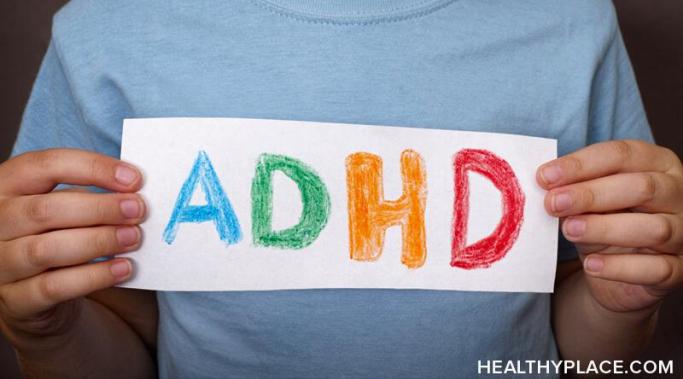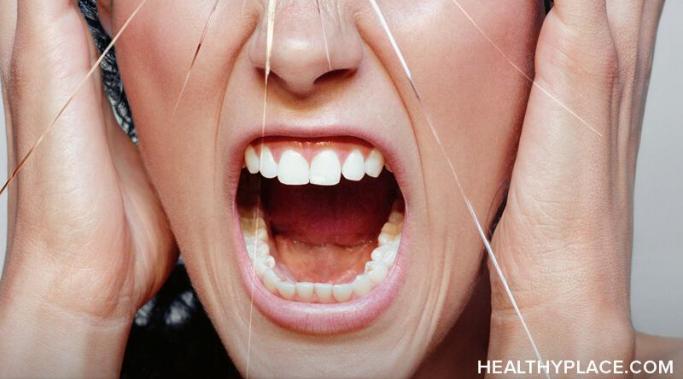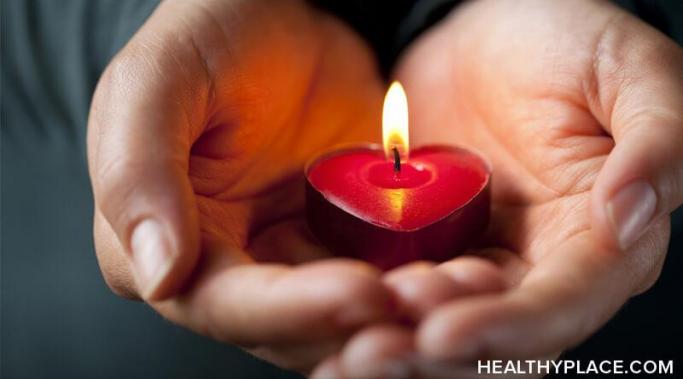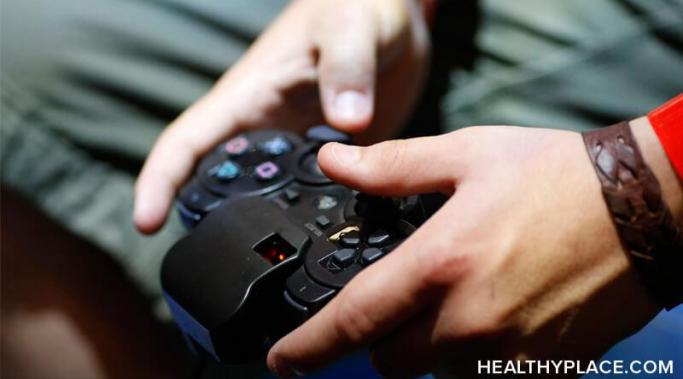Blogs
Recently, I've had to visit doctors regarding my physical health. Usually, I am fine with these mundane appointments, but one particular incident left me shaken and upset. However, it wasn't because I wasn't prepared or something went wrong. Instead, I felt unseen, unheard, and minimized by how the specialist talked to me during my visit.
I have schizoaffective disorder, and I am very socially awkward. I don’t know if my schizoaffective disorder is what makes me feel that way.
Mental health stigma in the workplace is often overlooked. We are fortunate to live in an increasingly wellness-driven world where it's easier to identify institutions that fall short in the fight for mental health acceptance and wellness. How are companies falling short, and how are some raising the bar? And how, as a workforce, can we continue to push progress?
I have three children -- two daughters and a son. They're adults now with busy lives and stresses of their own. My adult children are exceptional individuals. I love and respect them as I know they love and respect me. Why, then, do I get anxious when I need or want to speak to them, ask them about their lives, or talk about something important to me?
When people commit to a program of self-improvement, we call it progress. When people commit to executing this program on January 1, we call it a New Year's Resolution. For many, excitement surrounds the making and thinking of these resolutions. For people affected with adult attention-deficit/hyperactivity disorder (ADHD), feelings can be mixed.
Symptoms of exhaustion and burnout can be obvious or subtle during binge eating disorder (BED) recovery, especially during the holidays. It's important to recognize your signs of burnout so you can navigate stressful times without neglecting to take care of yourself.
I've had a busy schedule in my work and personal life. I have noticed that when my schedule becomes so busy, I often find that my anxiety worsens. Because of this, I need to take steps to calm myself during these busy times.
For the past few years, I've decided to prioritize my mental health and not visit my family over the holidays. It's a decision not everyone may understand. Aren't the holidays about spending time with your loved ones? I do love my family, but the most loving thing I can do for myself is to take quiet time alone to rest and relax. Time with my parents and sister is often stressful and triggering for me. I've decided that my mental health is more important than anything else.
While it shouldn't be the only tool in your recovery toolbox, distraction can play a vital role in healing from self-harm. One option is to use games to distract you from self-harm urges.
The holiday season can bring feelings of community and love, but for many estranged verbal abuse victims like myself, it's a reminder that there are family members who are no longer part of their lives. Avoiding a verbally abusive situation benefits the individual but can also bring emotions of loneliness and exile with estrangement.









